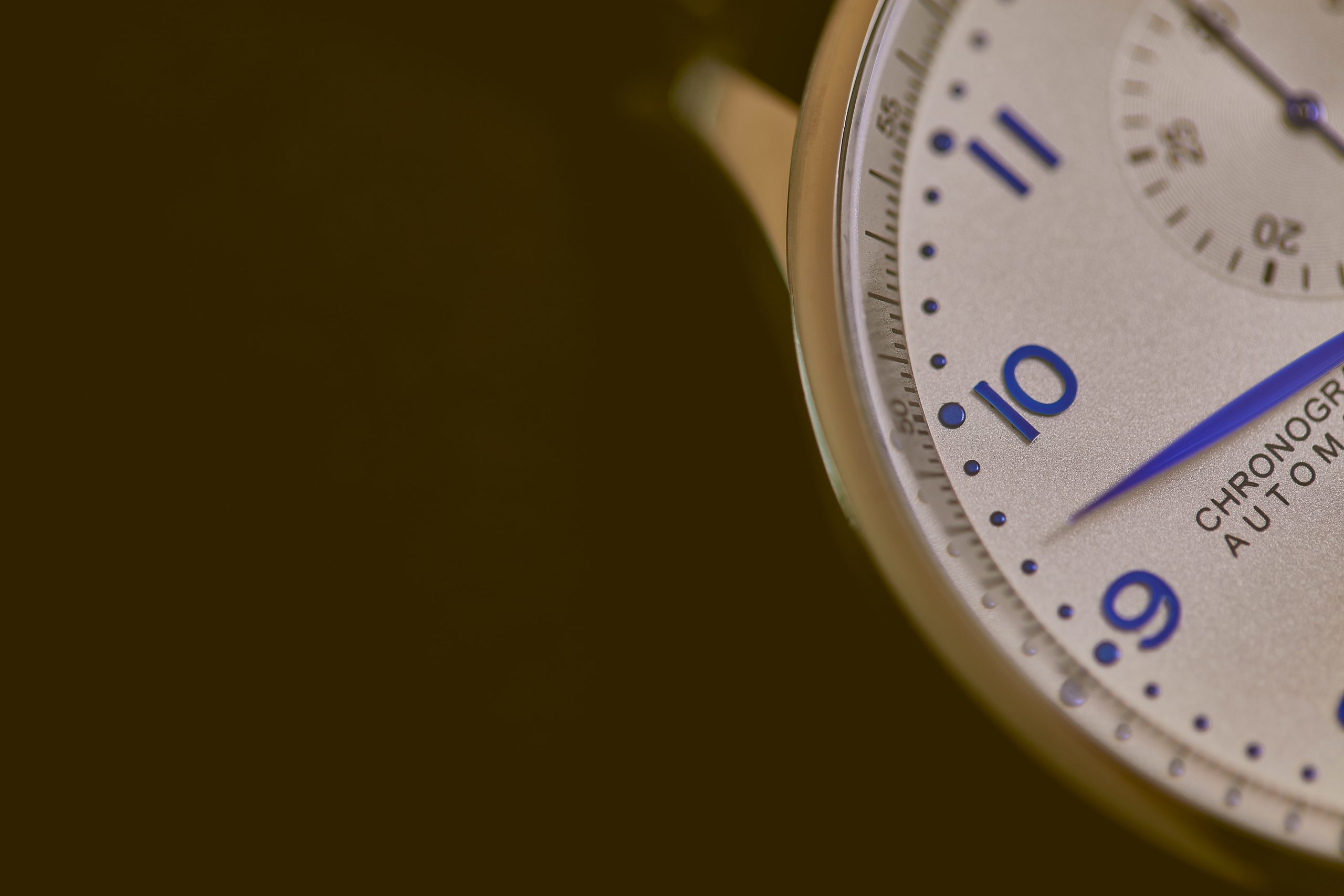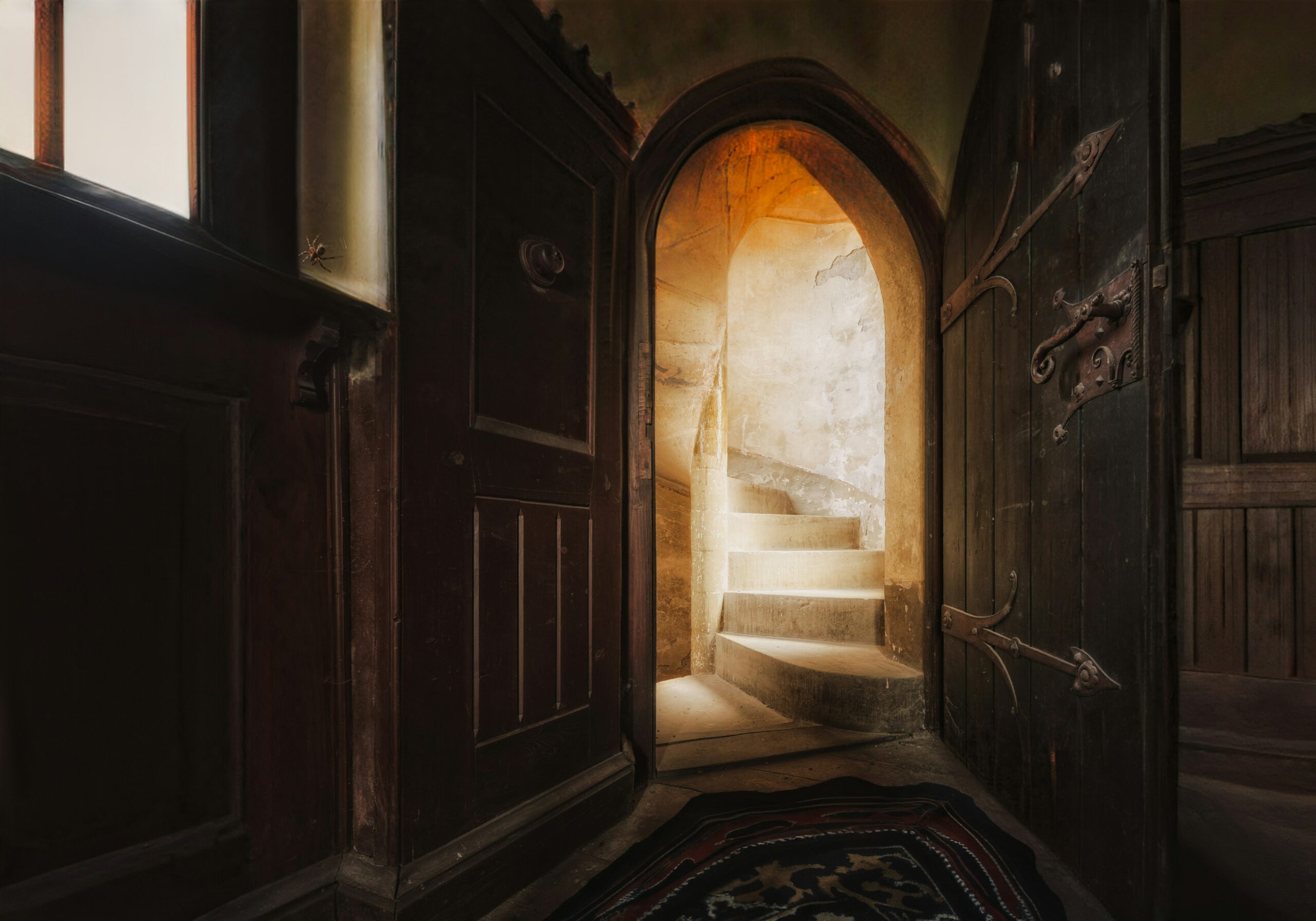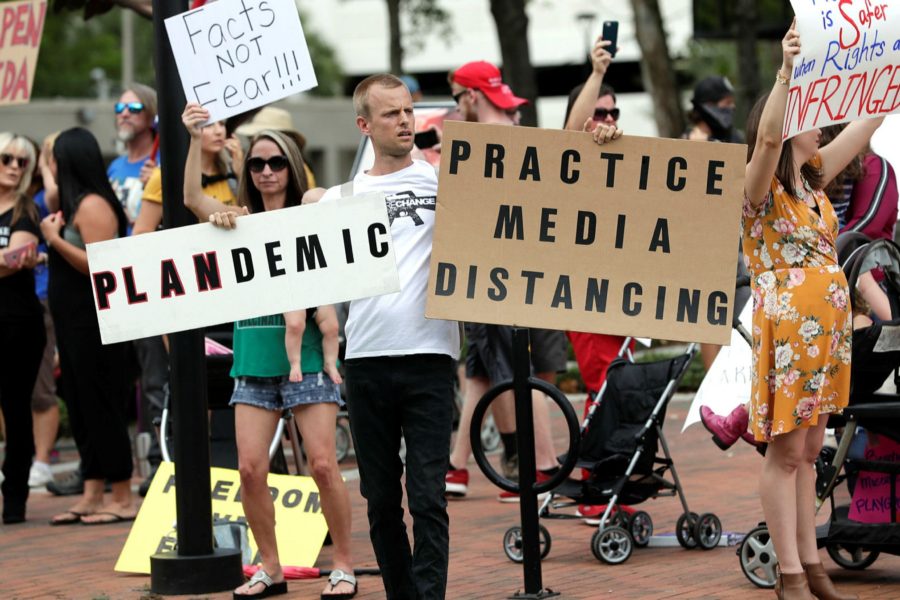People say that as they age, time appears to pass faster and faster. Now even the younger of us know that the year of 2020 aged us significantly since it has passed the half almost in a blink of an eye, at least in our perception of time and space. While being alive in the year of 2020 has reminded us that routines could be changed from day to day, it might have also brought us closer to the understanding of what Time really is and how we can make it pass faster or slower – always according to our wishes.
What is Time? But really.
Time is an illusion that creates the past and the future and steals our NOW
The time has flown fast since the January 2020, which was the approximate start of the coronavirus pandemic. How did we come to this? One may say by looking on the calendar and suddenly seeing that the Christmas is almost here again. However, when we think deeper about the fleeting time itself, we may find out that the time itself couldn’t pass faster because our clock is set at the same speed. Why is it then?
When someone tells you “I do not have time/I need more time/What time is it/How much time do we have, replace the word TIME with a word NOW to understand them better. What they are saying or asking for is to have more control over their current perception of reality.
Firstly, it is important to be open to the idea that the time itself is just as the language is – something we created, which enables us to explain a sensation of change – combination of different NOWs. Time is such a big human and “earthy” fabrication that, actually, it is only useful while we are living on Earth. As soon as we leave the Earth and go higher up, to the space, we pick up a speed and the Earth starts spinning with different speed towards our location and the time does not match anymore because time is not same everywhere, not even on the Earth.
Why has been the year of 2020 running so fast?
We have experienced less of different nows
In order, to fully understand why the time has gone so fast, is to appreciate the fact that it were the different NOWs that we fully experienced, which have been rather slow or absent in their occurence. When the coronavirus accelerated on a global level in March and April and the lockdowns were introduced, our life became generally more set in the same place and repeating events became a norm without much of experiences of travelling, meeting new people or other happenings that would be worth saving for the memories of the past. I am convinced that some of us had a few moments like these, but in general, we have been much more numb during this year, living with the idea, when would the pandemic finally end, always living in the future imagination of the other than the NOW and unable to savor the current experience enough to create a meaningful memory which could be a marked on our linear perception of time.
How to make the time go slower? Live like you don’t care about it.
Create more NOWs which you fully savor. In those moments, you will most likely forget the time passing and if you check the clock, it will seem like time goes faster, but when you look at the event that stayed in your memory as the one worth remembering, it will feel as if that moment lasted for a very long time. In order to create more of these NOWs which you can remember and put on the illusional linear timeline, experiencing things around you like you see them for the first time may represent a solution for you on how to slow down the time in a long run.
Finally, reminding yourself that the time is just a man made illusion may also help with the perception of our time. When we sleep, we completely forget about the time itself. This proves that the time (and everything else) is strictly tied to our thoughts in our consciousness. Because without a thought there is no time and without a time, there is no thought.






Recent Comments